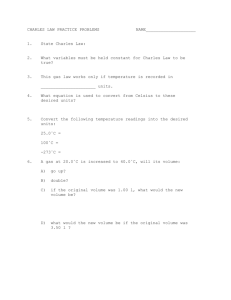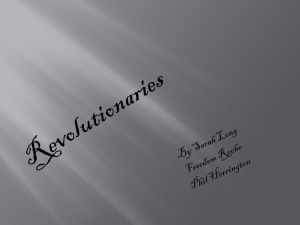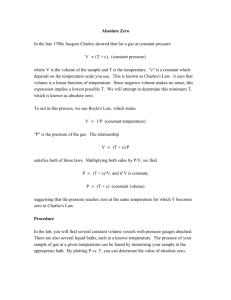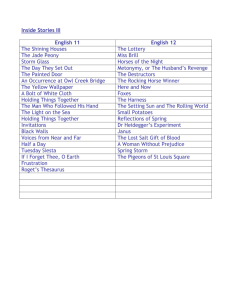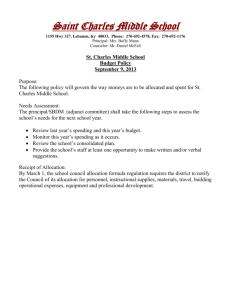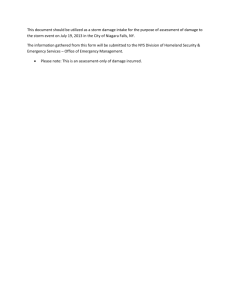Insights into Book III, Chapter 1 *The Track of the Storm*
advertisement
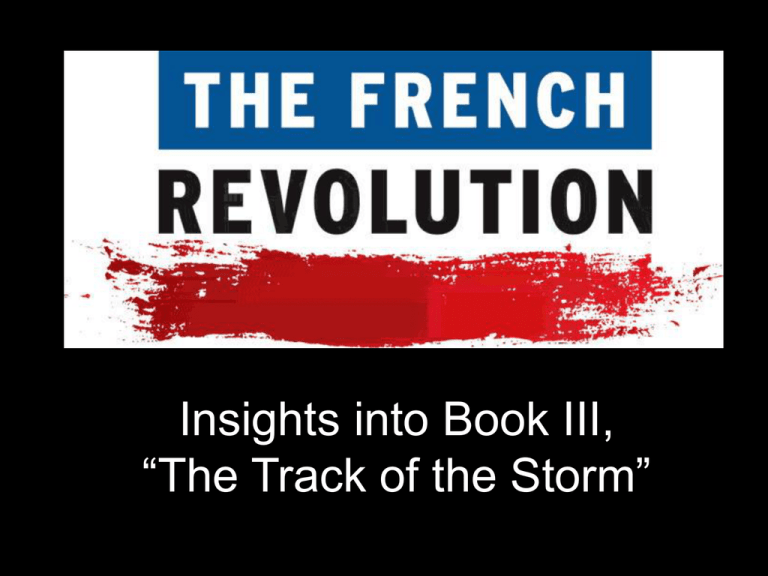
Insights into Book III, “The Track of the Storm” Note the title of Book the Third: “The Track of the Storm.” Keep in mind that Dickens is, of course, being metaphorical—and that the storm that is being tracked is the storm of the “sea” (the Third Estate’s Revolution) The first chapter of Chapter 1 of Book III is entitled “In Secret.” Make sure that (by the time you’ve finished reading the chapter) you fully understand what “in secret” means. (Your guess will be confirmed at the bottom of page 261.) Make sure you understand to whom the narrator is referring on page 251 when he says “the traveller.” (Go back to the end of Book II (p. 247) if you’re not sure--and then confirm your decision in the second paragraph on page 251.) Make note of the phrase “Liberty, Equality, Fraternity, or Death” on page 251.This phrase was the official slogan of the Third Estate’s Revolution. (See the authentic revolutionary poster at left—which, of course, is in French.) These four words were the cry of the French Revolutionaries in and around 1789. One of their critics fairly accurately reinterpreted the cry as 'Be my brother, or I kill you.’ The phrase 'Liberty, Equality, Fraternity' is still found (in French) on French currency and elsewhere to this day. The “tri-colored cockade” mentioned on page 252 will be seen several times from now until the end of the novel. It was a cloth rosette or knot of ribbon worn especially on the hat as a badge (a symbol that you were a revolutionary). The “tri-colored” signifies the color of the French revolution: red, white, and blue. Notice (on pages 252 and following) the hostility that the revolutionaries have toward Charles—and how they take custody of him as soon as he sets foot in France. This quite contrasts with the idealistic view that he had of making things better in France! On page 256, Charles ends up being confined. Be sure you understand where he was confined—and for what reason. Also be sure that you note the coincidence of the guard to whom he is handed over—a guard who knows him. By the middle of page 257, a new device has been born. Make sure you know what that device is—and that you notice that the revolutionaries are swearing in the name of this instrument (instead of swearing in the name of God). We see that a new religion, therefore, is being born in France—and it’s the religion that worships this new instrument. On page 262, Charles is doing exactly what Dr. Manette did when HE was confined: finding repetitive behavior that is comforting; however, whereas Dr. Manette made shoes, Charles paces his cell. (That, of course, is what the “Five paces by four and a half” is.)
